Are you willing to sponsor?
Are you ready to explore the transformative power of athlete sponsorship for your brand? Click here to learn more about how sponsorship can help brands grow and thrive in the exciting world of motorsports.
By Emanuele Venturoli| Posted June 16, 2021 | In MotoGP, Sports Marketing
Sports marketing agencies have a different perspective when it comes to building and kicking off the right sports sponsorship process. While clients and brands are usually more enthralled by the emotional side -and rightly so, because partnering with a sports property is a super exciting thing to do- agencies and operators tend to focus on the effectiveness and accuracy of the program. Far from the once-popular opinion of a rather bent and twisted route, the sponsorship process is indeed a quite methodical and rigorous structure, with a large amount of data, expertise and procedures involved.
There can be little doubt sports marketing has tremendously evolved in the past fifteen years, clawing its way up from a pat-on-the-back-sticker-on-the-car kind of marketing to a more data-driven, multi-platform, highly-layered marketing tool. Sponsorship programs today are -and must be- three-dimensional communication campaigns, strongly rooted in the brands’ vision and mission with a complex array of activations carefully targeted.
Understanding the sports sponsorship process from the point of view of a professional sports marketer means therefore to leave aside the gut feelings and build from a strong foundation that’s made of a bit of theory and a lot of interesting variables.
Sponsorship can be defined as the acquisition of rights, following a monetary compensation in goods and/or services, deriving from the affiliation or association with a product, with a team, with an organization or with an event, with the aim of getting economic, marketing or image benefits from such affiliation or association.
This definition, even for an experienced sports marketer, must be the starting point of each and every sponsorship campaign, as sponsorship is never per se, but it is always a means to an end. What is the end goal the company is trying to achieve? And, on the other hand, what are the benefits the sport properties are willing to allow in exchange? Are there products, or services, that can be part of the equation?
As odd as it might sound, a great sports sponsorship program always kicks off with a good first interview. Understanding the client’s needs and going above and beyond their impulsive penchants is mandatory, especially with regards to a subject -sports- where many claim to be experts or well-informed.
Ideally, you should leave the room with the following information:
As the pros know, this is easier said than done. Clients or prospects lie all the time (everyone is a decision maker until, eventually, they aren’t), won’t share some information (“the budget is there if we like the idea”), would over-promise when they smell a good opportunity (“of course we have an experienced team in-house for the activations”) and have a very optimistic idea of their decision-making process (“of course we can make a decision in the next week if you can draft a proposal for tomorrow”).
Leaving the building with a robust, valuable kit of info about the project is priority numero uno for any good sponsorship project. Then, it’s time to go back to the drawing board.
Sports marketing agencies can help you make a better decision because of 3 key aspects:
Fresh, up-to-date data allow for more precise decisions and clearer projects. What team has empty spaces on their car or bike or kit? What is the average attendance of that sport or that event? How many countries receive live TV signal for that match or that race?
Experience helps reading that data and understanding those situations because they have been there, done that. If you’re a MotoGP sponsor, you’d probably think it would be a good idea to plan on a hospitality package at the French Grand Prix, since two French riders are top of the league right now. A motorsports marketing agency would however suggest against this as they know it’s highly likely to find poor weather conditions in LeMans.
Choosing the right property and the right sport could be a very tricky business. Sometimes the right sport is not liked by the company’s management who, for some reason, like cycling and marathon running even if they work for a microchip brand.
Picking the right team and game means carefully matching the sets of values and heritages to create a congruent, consistent project.
Sport marketing agencies know that not all sports are created equal and that different events make for different audiences. There is a reason if Rolex sponsor Golf and Formula 1 and not, for instance, trail running. At the same time, if you are a sustainable, brand new startup in the technology field, you’d better sponsor Formula E rather than, say, table tennis.
Building the right proposal means giving the client what they need rather than what you want to sell. Sponsorship in this day and age is a million miles away from standard packages and pre-batched solutions, so each and every proposal must be tailor made and customized around the client’s goals and features.
Flexibility is the name of the game here and crafting the perfect balance between visibility, social media support, photo ops, athlete appearances, video shootings and so on and so forth truly is a form of art.
As a rule of thumb, always make sure you have several tiers of opportunities, the bottom one being the exact budget, goals and timings the clients has asked for in the first place. From that, you can show them what happens if they add that money or that year of contract, and it’ll be easier for them to get the bigger picture.
When drafting a sports marketing project, sponsorship agencies and professionals know timing is key. There is a huge difference between getting started in-season, before the season or after the season. Different sports have different calendars and while November might be the perfect month to sign a MotoGP partnership deal, it would be a little late for anything related to football or basketball, the seasons of both starting at the end of the summer.
This has a lot to do with how long does it take for a client to sign that proposal and approving the sponsorship project. Newbies might be scared to push for a quicker response, but experts know it’s a fine line between being on time and a little too late.
Activation is the true engine of any sponsorship deal: the set of actions and tools devised to bring the project from the paper to the track must be front and center in any sponsorship program.
As we mentioned, sponsorship is but a set of rights you exchange for money or services. Leave it as it is and it’ll hardly bring you any benefit. How you turn those benefits in something tangible and profitable is paramount and there are a billion examples of great activation strategies, from hospitality programs to PR operations, from social media storytelling to contests and raffles.
A word of caution though. Activation strategies won’t come for free and are not included in the sponsorship contract, meaning the client will have to pay for each and every one of them. Again, as a rule of thumb, for each pound spent in sponsorship, consider spending 1£ in activation.
In sports and in sports marketing it ain’t over ’til it’s over. The beauty of a football match or a Formula 1 season is highly connected to their unpredictability and uncertainty. This is exactly why agencies and sports marketing consultants keep their eyes peeled for unexpected opportunities that might come knocking. At the end of the day there is always something that can be perfected, a campaign that can be tweaked or that angle nobody had looked into and now could be interesting.
Fine tuning is essential if we want to keep the program healthy, shiny and exciting.
Finally, reporting. Reporting is an area too often overlooked in sports sponsorship and one that -in the past- was connected to senseless innuendos such as “you can’t really measure sponsorship”.
Truth is you can with exquisite precision. Tools and strategies are in place to calculate exact Return on Investments, Return on Objectives and other metrics. Technology allows for perfect on-screen exposition measurement and the internet is nothing short of data on engagement, audiences and penetration.
Measuring the sponsorship benefits allows for finer tuning and for higher accountability, while, of course, letting you appreciate the great benefits of a well designed sports marketing program.
In this article we have portrayed a very quick and unsophisticated scenario: a pretty childish tip of the iceberg that doesn’t do justice to the complexity of a true sponsorship program. Of course we haven’t discussed the hundreds of ways things can go south very fast very soon, but we haven’t provided examples of unexpected triumphs either. Just like with everything, sport and sport marketing have a lot to offer under the surface. But complexity isn’t always bad: there are a lot of quick wins to reap and a ton of hidden treasures if you know where to look.
This is why you have agencies: a bunch of people who have been dealing with that specific complexity over and over again until that thing is not complex anymore. Do you really need one? No, of course not. You also don’t need a pair of shoes to run a marathon, but they sure help.
Are you ready to explore the transformative power of athlete sponsorship for your brand? Click here to learn more about how sponsorship can help brands grow and thrive in the exciting world of motorsports.

A graduate in Public, Social and Political Communication from the University of Bologna, he has always been passionate about marketing, design and sport.
The online platform where you can discover the latest trends, strategies and insights from the exciting world of sports marketing.
View our blog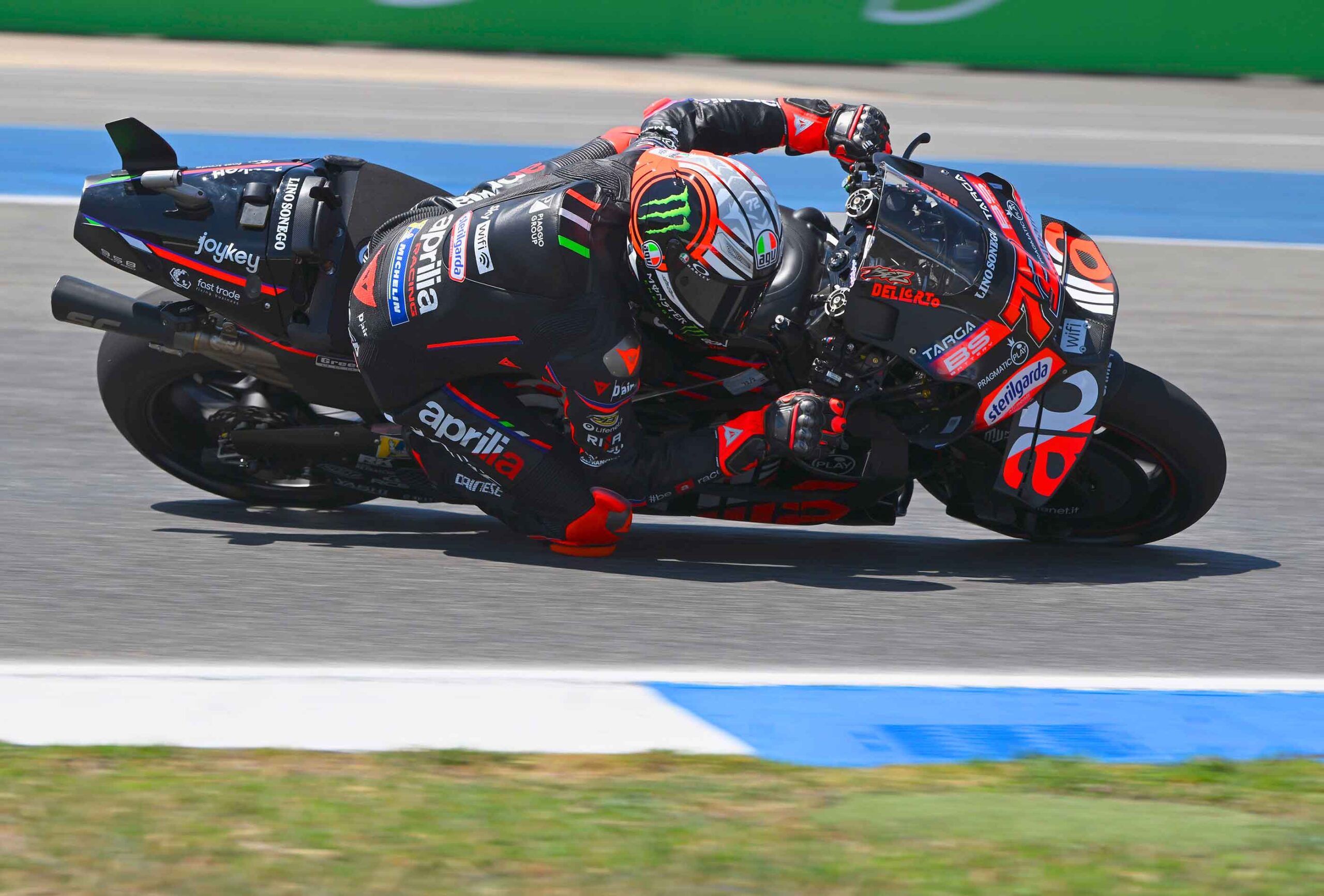
June 17, 2025
Starting in 2027, MotoGP is preparing for a momentous change that will redefine the face of motorcycling’s premier class. The new technical rules, announced by the Grand Prix Commission[...]
Read More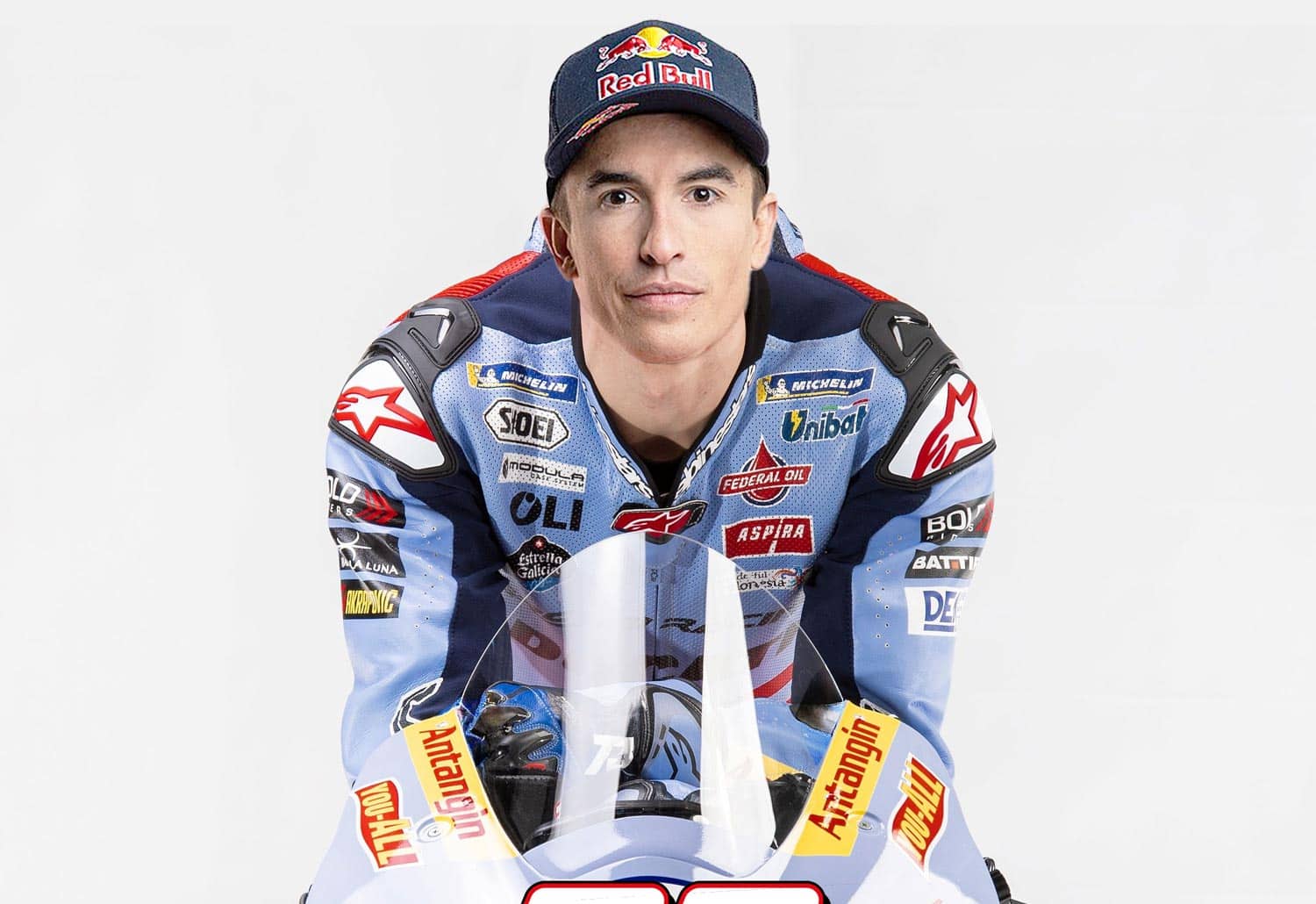
June 11, 2025
After 11 years, Marc Marquez is leaving Honda HRC to join Team Gresini. This was announced in a laconic press release, without signatures or photos, by the same House with the Wing. The same [...]
Read More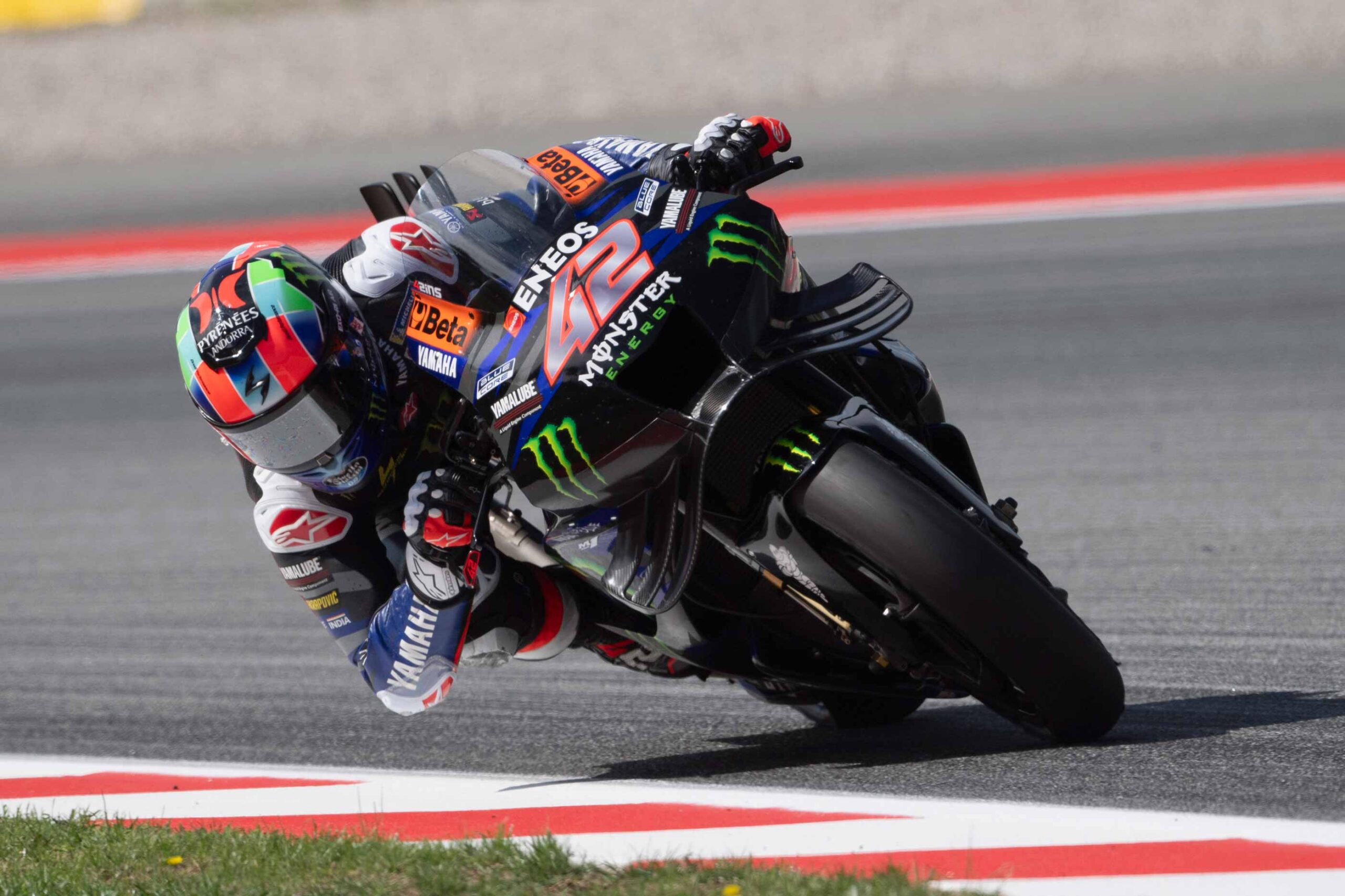
May 6, 2025
In the world of motorsport sponsorship, speed and performance have traditionally reigned supreme. However, a new race is underway, one towards sustainability. Both Formula 1 and MotoGP are st[...]
Read MoreIn an era where it is possible to get anywhere with a click, there is a strong temptation to approach teams and properties directly for sponsorship projects.
By doing so, we are convinced that we are shortening the value chain, saving time and money. However, these DYI methods are anything but risk-free and what initially appears to be a competitive advantage soon turns into a problem that is difficult to resolve. That’s why there are agencies. And this is why you should rely on us for your sponsorships.
When first approaching a sponsorship or sports marketing project, it is difficult to know immediately which stakeholders are correct, what the decision flow is, and what the right timelines are for each process. Sports is a very specialized field of action, and fitting effectively into its paths can take a lot of time and therefore money. We, on the other hand, know referents and spheres of action and know who to talk to, when and how. So you are also more effective.
Sports is an immense passion, and for our heart colors we would be willing to do anything. But business is a different business, and it is important to make the best possible strategic decisions based on independent research, statistics and reliable data. A sports marketing and sports sponsorship agency like RTR has an objective, 360-degree picture of the scenario and can tell you what is really best for you: which sport, which athlete, which team. This is because we possess a great deal of data and information on ratings, segmentation and attitudes. Because the numbers don’t lie. Never.
Activations are the real heart of sports sponsorship. Without them, there remains only a blank sticker on a motorcycle, car or uniform and no contact with the public, no emotional connection, no impact on the bottom line. Then how do you do it? It certainly won’t be the teams or the athletes who will help you leverage sponsorship and enjoy the many marketing rights you have paid for. To bring out the best in a sports marketing project you need an agency that knows how to use sponsorship to engage the fanbase on the Web, to reach out to Shopping Centers, to organize hospitality, to develop B2B and B2C opportunities, and to get “your” athletes in front of millions of potential consumers.
Would you ever go to the dealer who sold you the car and ask if the competitor’s car is better? No, of course. So, how do you expect to get firm measurements of the effectiveness of your sponsorship if you do not rely on someone super partes? At RTR, we have always worked with independent third-party agencies that allow us to know the return on any exposure of your brand on TV and in the media. In addition, we believe in calculating ROI as the ultimate measure of your success-so we can tell you for every penny you spend how much you are making.
We have been involved in sports sponsorship and sports marketing for more than 15 years. We are consultants in the sense that our goal is to maximize your investment, but we are also an agency that manages the project from start to finish. We have been doing this since 1995 with passion and professionalism, following three principles that have become cornerstones of our business: independence, verticality and transparency.
I would like to highlight the fact that one of the qualities of RTR is its great ability to approach the sponsorship scenario strategically, together with its passionate attitude, its amazing enthusiasm for solving problems, and its high level of professionalism.
Gianluca Degliesposti
Executive Director Server&Storage EMEA
Eurosport is truly delighted with its business relationship with Riccardo Tafà, who has become extremely popular, thanks to his detailed knowledge of the sports marketing sector and his highly diligent attitude to work.
Francois Ribeiro
Commercial Director
Passion and Expertise are the features that I have found in RTR since the very beginning. Serious and reliable professionals but also very helpful, nice and open-mind people, willing to listen and compare different ideas. All the values in which RTR believes make this agency a partner, not just a supplier, a partner with whom we have had the opportunity to achieve significant commercial results in term of success and image.
Luca Pacitto
Head of Communication
We have been working with RTR Sports Marketing for over 10 years. The objectives and the programmes of collaboration continue to be renewed and to grow with mutual satisfaction. I believe RTR is a team of great professionals led by Riccardo Tafà, who I consider a manager of exceptional skills and with a great passion for his work.
Lucio Cecchinello
Team Principal
I have known and worked with Riccardo Tafà since 1995 when we collaborated for the first time on a project for the Williams Formula 1 team. Several clients followed. After leaving Williams to work for Gerhard Berger then owner of the Toro Rosso F1 Team, I turned again to Riccardo to seek his help in finding a tool supplier for the team and Riccardo duly obliged with an introduction to USAG, a partnership with Toro Rosso which endured for five years. I recently started a new role as Group Commercial Director for the renowned Andretti Autosport organisation and I find myself working with Riccardo once again on a number of interesting projects. Why has this relationship with Riccardo endured ? He’s smart, knows the commercial side of sport inside out and back to front and he’s honest and trustworthy. Riccardo Tafà is a “doer” not a “talker”: in over 20 years I have never had a dispute either with him or with a company that he has introduced and each partnership introduced by Riccardo has delivered quantifiable ROI to rights holder and sponsor alike. I can think of no better testimonial of Riccardo’s diligence, knowledge, contact base and hard work than that.
Jim Wright
Group Commercial Director
The online platform where you can discover the latest trends, strategies and insights from the exciting world of sports marketing.
View our blog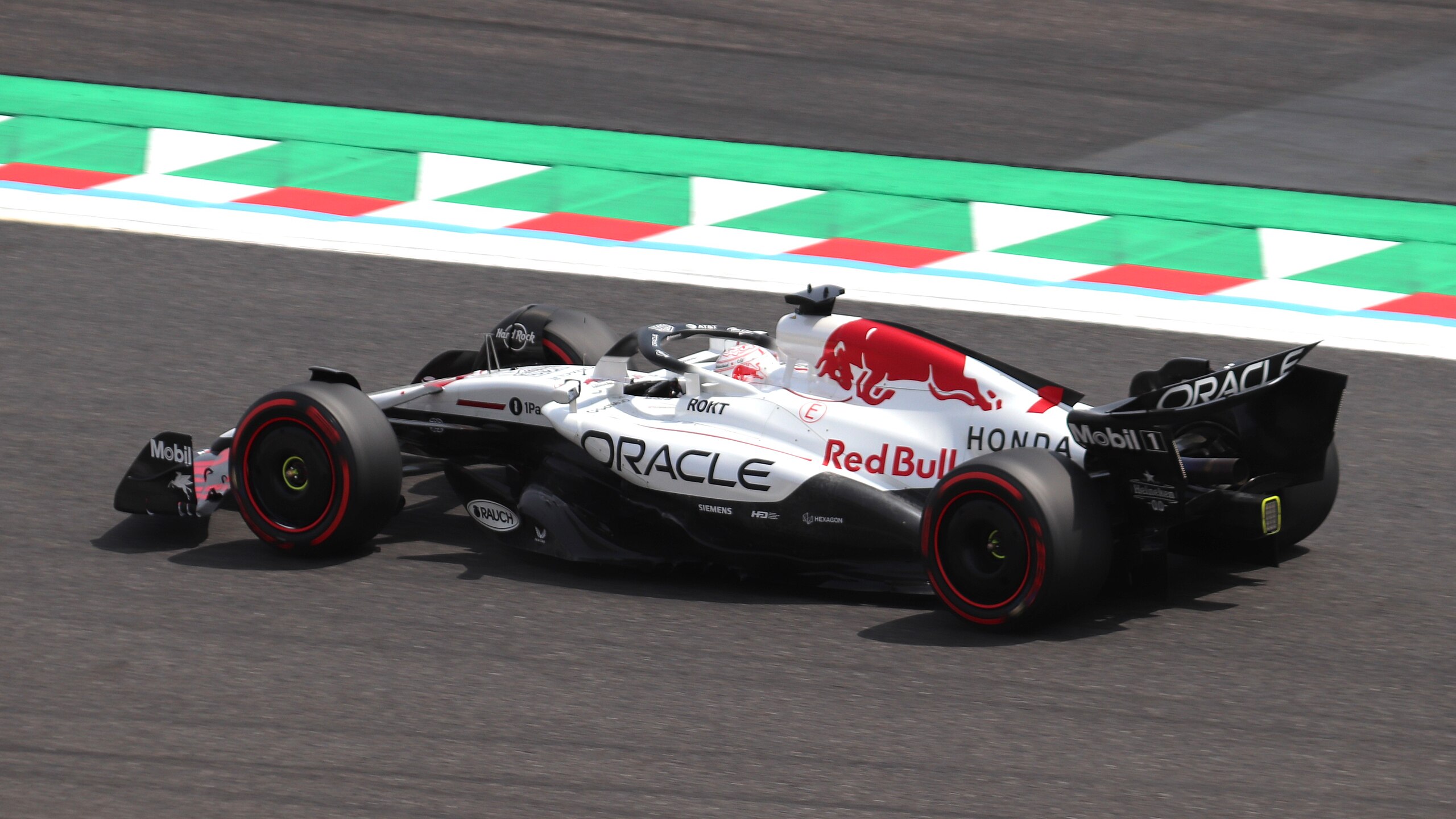
July 4, 2025
When, in 1950, the Formula 1 kicked off at Silverstone, no one could have predicted that, 75 years later, it would become much more than a sport. Today, F1 is a global phenomenon, a cultural,[...]
Read More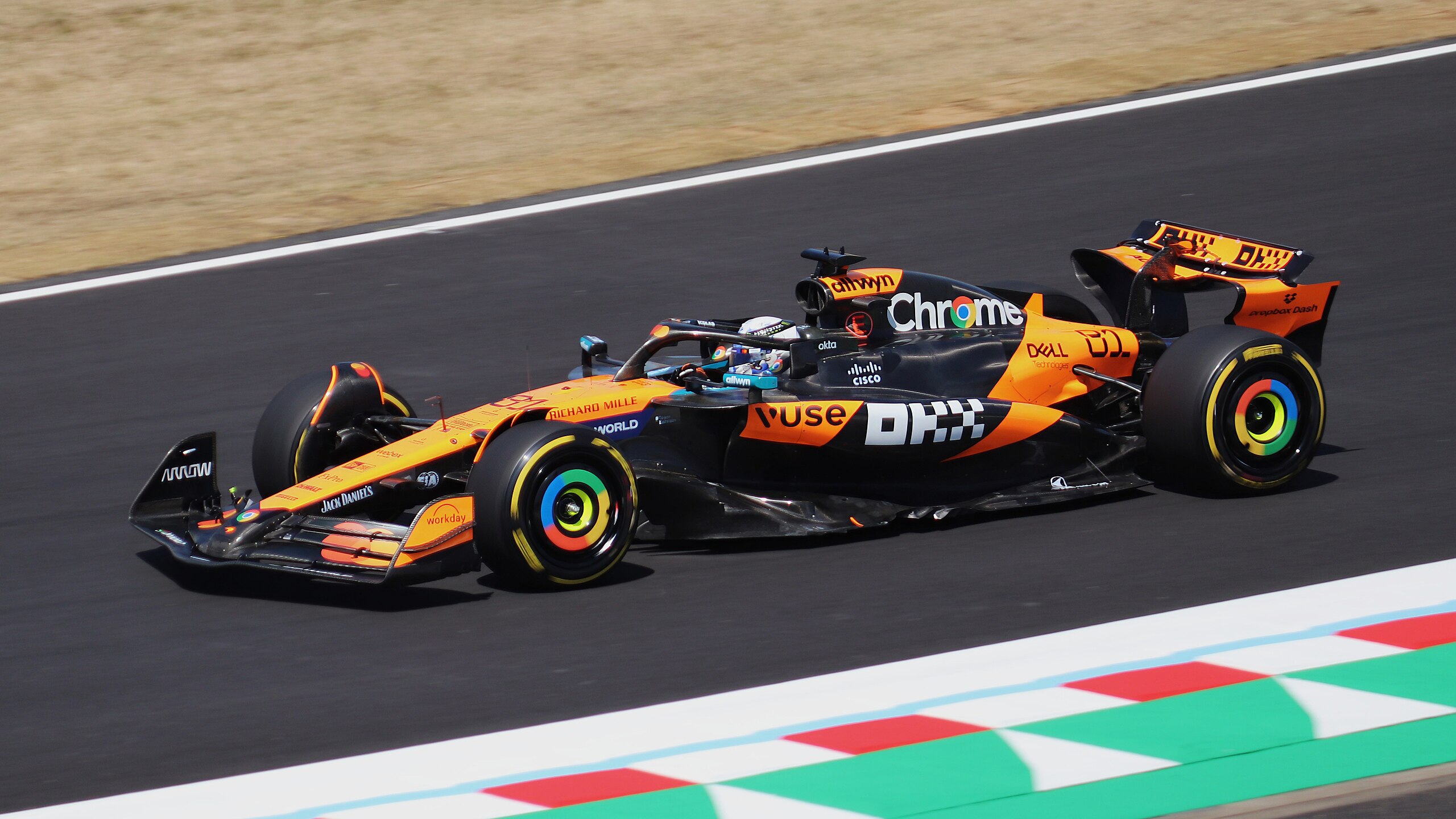
July 1, 2025
In the complex and exciting world of Formula 1, performance no longer belongs exclusively to wind tunnels and race strategies. It also unfolds in boardrooms, brand labs, and experiential mark[...]
Read More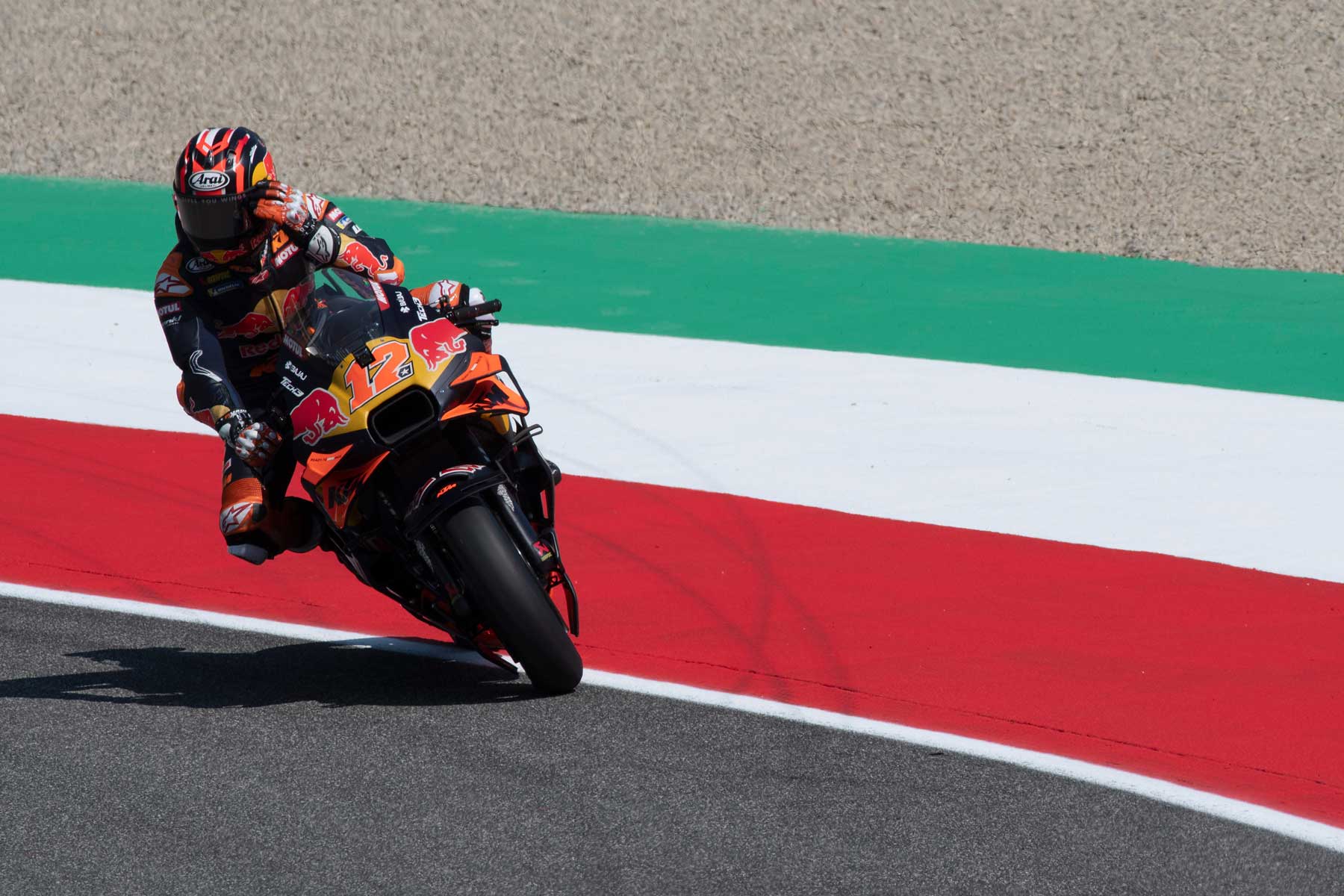
June 26, 2025
The European Commission has provided Liberty Media Corporation with unconditional approval to complete the acquisition of the MotoGP World Championship. The process of annexing the top motorc[...]
Read More